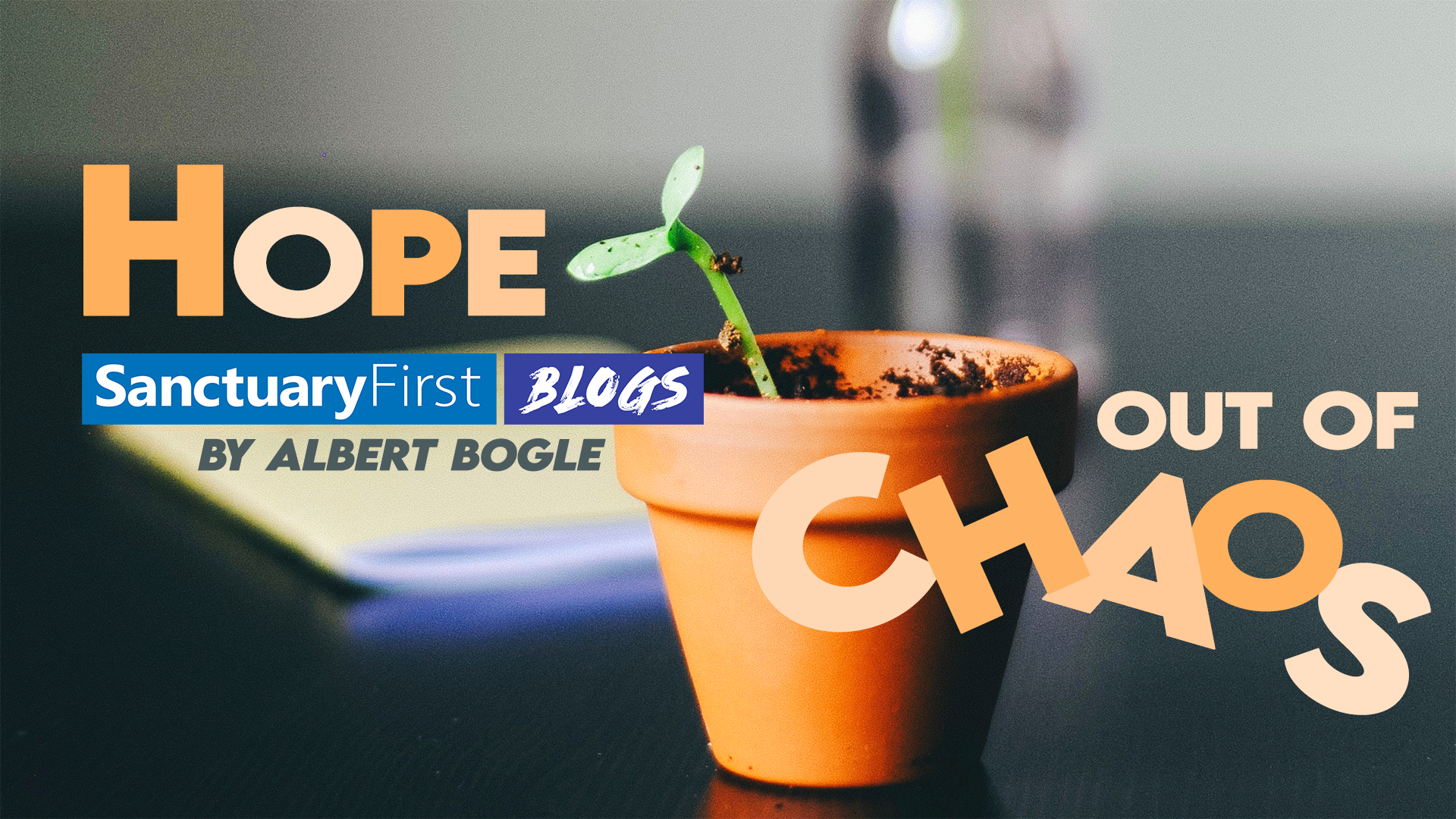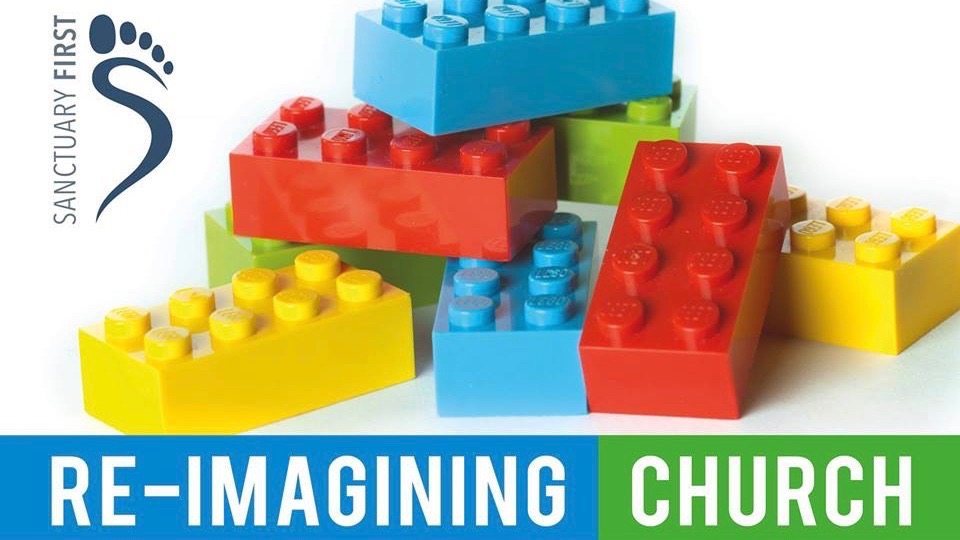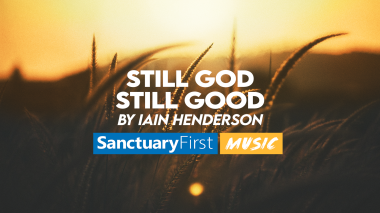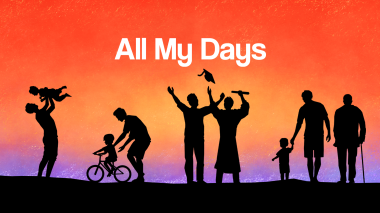Hope Out of Chaos

In my last blog post I hinted at the disruptive impact that persecution, famine and even plagues and illness have had on the spread of Christianity. If you read the Acts of the Apostles you are left in no doubt that it was out of disruption and chaos that growth and change came about within the mission of the early church.
The Holy Spirit throughout scripture, is often cast in the role of disrupter and disturber in order to turn men and woman’s hearts to God. I am not saying that God initiates the chaos of Coronavirus, but, I’m saying he often uses the chaos to re-shape and renew his purposes for all our lives. In this post I’m suggesting that, while no one seeks disruption in their lives, when it happens it is seldom wise to think that returning to the ‘status quo’ is possible or indeed a good thing to try and achieve.
This period of disruption in our lives will be talked about for years to come. Looking back we will realise we have used this lockdown as a time marker. We will say during the lockdown of 2020 this happened or that happened. Some like the apostle Paul will say, I had my ‘Damascus Road Experience’ during the lockdown. It’s as though the world stopped for many of us and we literally got off and now as lockdown continues to be lifted we are asking which parts of my life do I want to start up again and which parts should I accept have ended? I believe these next few weeks are decision time for many and for others the decisions have already been taken. They will no longer be going back to ‘business as usual’.
COVID-19 has brought about profound changes in how we think about life. The effects of this disruption have touched every strata of our society. We are undergoing a restructuring of civilisation across all levels. Governments and international corporations are redefining their remits. Protectionism has become a popular philosophy among some thinkers, as nations seek to protect their interests. The spirit of internationalism appears to be of interest only if there is something in it for the donor nation. Politicians who didn’t believe in interventionist policies would appear to have become more radical than those they once opposed, at least for a while.
The fear and likelihood of mass unemployment has become the next global outcome of COVID-19. And commentators on all sides are predicting a world recession, hunger in some parts of the world will take more lives than the dreaded virus itself unless world leaders step up to the mark and begin to embrace a new spirit of internationalism and shared humanity.
 This is the backdrop and stage on which the Christian community worldwide has to ‘move and live and have our being’. This is the world we are being called to be witnesses to Jesus the ‘Light of the world’. It is here in this beautiful blue but messed up planet we are called to become salt and light. It is now up to this generation of Christians living with COVID-19 to begin to model what it means to serve each other. To model what it means to die to self, in order that we might live for Christ. The blinkered narrow mindedness of self protectionism has no place in the mind of Christ, instead we are called to have a generous spirit to all and to show kindness to our neighbours. We need to ask ourselves what does an effective Christian community look like in order to be relevant in this disrupted world? As more of the high street opens for business, if the leadership of our churches is simply focused on re-opening church buildings to return to a normality they once knew, I believe they will be greatly mistaken.
This is the backdrop and stage on which the Christian community worldwide has to ‘move and live and have our being’. This is the world we are being called to be witnesses to Jesus the ‘Light of the world’. It is here in this beautiful blue but messed up planet we are called to become salt and light. It is now up to this generation of Christians living with COVID-19 to begin to model what it means to serve each other. To model what it means to die to self, in order that we might live for Christ. The blinkered narrow mindedness of self protectionism has no place in the mind of Christ, instead we are called to have a generous spirit to all and to show kindness to our neighbours. We need to ask ourselves what does an effective Christian community look like in order to be relevant in this disrupted world? As more of the high street opens for business, if the leadership of our churches is simply focused on re-opening church buildings to return to a normality they once knew, I believe they will be greatly mistaken.
We need to start asking ourselves what doors of service are being opened to the church through this pandemic. One of the central doors is surely that of compassion and care for those who have been bereaved or have been left debilitated in some way. In the UK alone as I write over 45,000 people have died of this illness and it is estimated that at this point around the world over 500,000 people have lost their lives. If you think of it, that means there are literally millions of people trying desperately to make sense of their lives in the midst of great sorrow and bereavement. It is often during these times of self examination and alienation that the words of Jesus can make sense and bring healing to hearts and minds. I have detected that perhaps this is the touching place where pastoral care, faith and the internet can meet. The statistics of the Sanctuary First website show that the section entitled “Encourage Me” is one of the most visited areas of the site. And the section connecting with loss and bereavement is used regularly.
The future of many local congregations may be more internet based than located in a building. Many will become digital communities with limited physical locations. This for example could well be a model that national churches like the Church of Scotland could adopt. Digital global church reaching out into the world making new networks of believers and subverting our denominational protectionism, bringing together the very best that can be experienced in a variety of worship styles and Christian discipleship practices.
Of course there will always be a need for buildings of some sort. These physical locations however may well become creative centres out of which new missional expressions of church are formed, becoming the new creative cathedrals or studios for mission and celebration.
Let’s not be daunted by the scale of the challenge in front of us. Instead let us embrace the disruption and move forward into the new place rather than seeking to return to what once was and can be no more.
Very Rev Albert Bogle




 Add to Favourites
Add to Favourites







Login to comment.